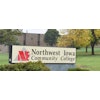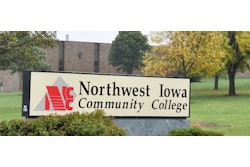For years, higher education and student advocates have believed that difficulty in accessing transit, or its prohibitive costs, have had a measurably negative impact on student outcomes, particularly at community colleges. Now there is finally scientific evidence to back it up.
A study, conducted by The Hope Center for Community College and Justice and DVP Praxis, a research and evaluation firm focused on higher education, has shown that students with access to discounted or free transit performed better in student retention, credits earned, and completion, than those without an assisted transit card.
 Dr. Russell Castañeda-Calleros
Dr. Russell Castañeda-Calleros
Rio Hondo’s director of government and community relations, Dr. Russell Castañeda-Calleros, coordinated the $7 amount with the LA Metro, and student advocacy groups. The collaboration resulted in a 95% discount compared to the price students usually pay per semester, which Castañeda-Calleros estimated to be about $2,000.
The College Board's student budget for 2020-2021 estimated an average commuter student can expect to spend a fifth of their total living expenses on transportation. Ninety-nine percent (99%) of students who attend a community college do not live on campus, and only 16% of students live on campus at any institution in the U.S.
“[Rio Hondo College’s U-Pass Program] is not the first program like this in the country, but it’s the first program to have a rigorous evaluation,” said Dr. Sara Goldrick-Rab, founder of The Hope Center. “We want to increase college value by adding more transportation support. Students need to graduate. That’s your bottom line.”
According to the study, students with a U-Pass were five percentage points more likely to enroll at the same institution the following semester and enroll the following year. Students with a U-Pass earned more credits on average, were 17% more likely to earn a credential, and 27% more likely to earn an associate degree.















